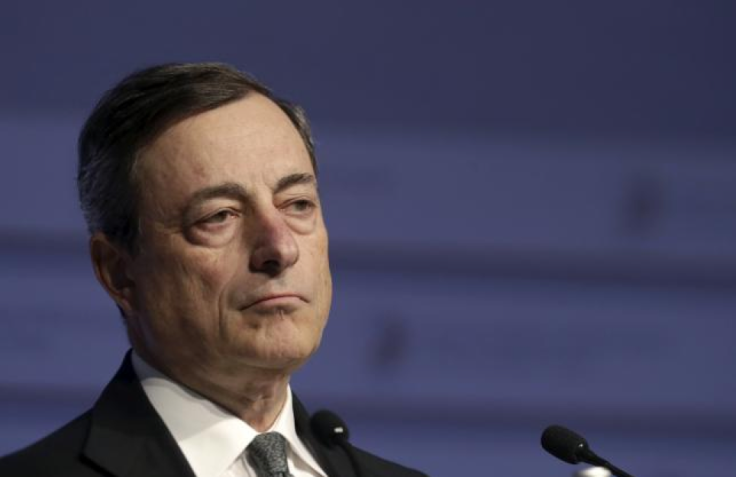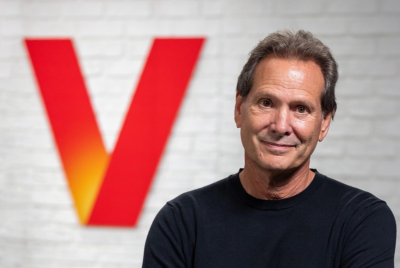ECB’s Draghi Urges Eurozone To Unite For Economic Reform

European Central Bank President Mario Draghi has urged eurozone countries to unite in the task of reforming the bloc’s economies, saying sharing sovereignty was an opportunity and not a threat. Draghi is pushing governments not to waste the time the ECB’s money printing has bought them. Saturday’s appeal to indebted countries to clean up their finances came the day after he warned growth would remain low in the face of unemployment and low investment.
In a message read to attendees at a conference in Rome, Draghi said countries should act quickly on recommendations the central bank has made to complete economic and monetary union, many of which have not been carried out.
“The current situation in the euro area demonstrates that this delay could be dangerous,” Draghi said, who acknowledged progress had been made in some areas, for example with banking union, according to a text of the address released by the ECB.
However, private risks need to be shared within the eurozone, with financial integration improving access to credit for companies and leading to a complete capital-markets union, he said.
Draghi called for stricter and more transparent adherence to existing budgetary rules to help close the gaps among member states in employment, growth and productivity, but said this alone would not be enough.
Countries should observe common standards when implementing structural reforms but also take a country-specific approach, as part of a process of “convergence in the capacity of our economies to resist shocks and grow together.”
In addition, Draghi said the eurozone should ask whether it had done enough to safeguard the possibility of using budgetary policy to counter the economic cycle, concluding, “I think not.”
Many European countries realized only after the debt crisis exploded that their sovereign right to choose their own economic policy would be limited in the monetary union, Draghi said.
But working to ensure long-term stability meant sharing control, Draghi said. “What can appear to be a threat is actually an opportunity,” he said.
(Reporting by Isla Binnie; Editing by Mark Potter)
© Copyright Thomson Reuters {{Year}}. All rights reserved.





















